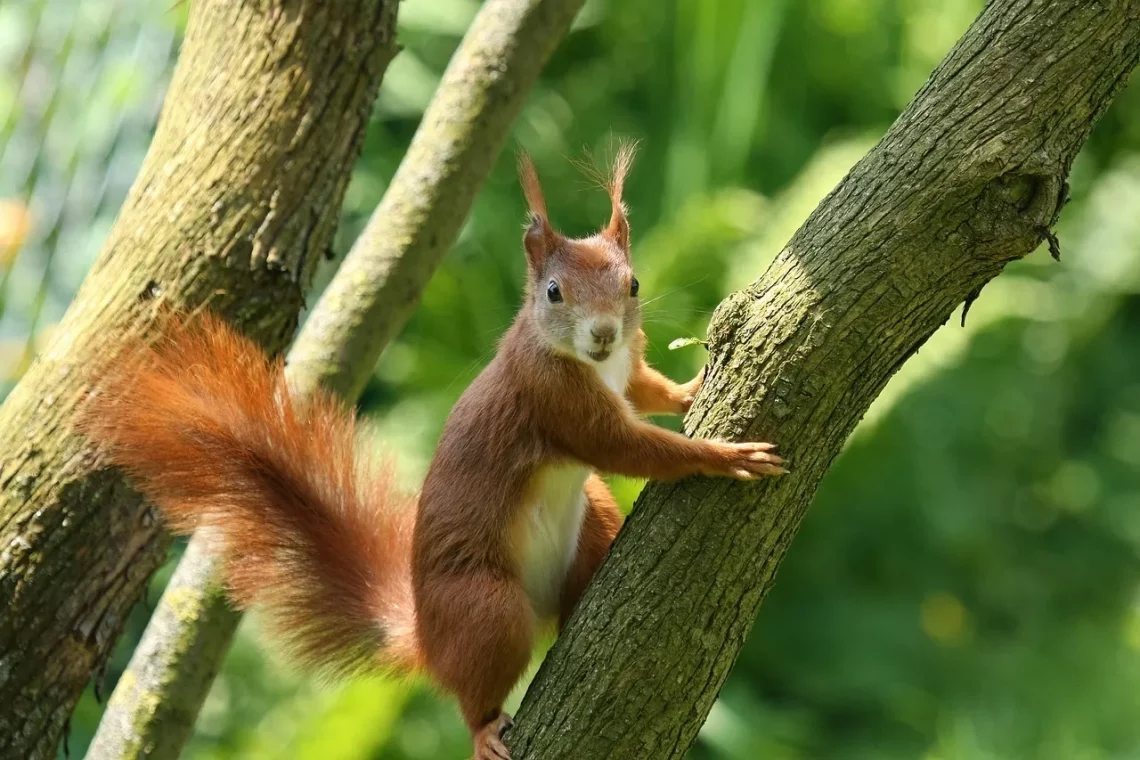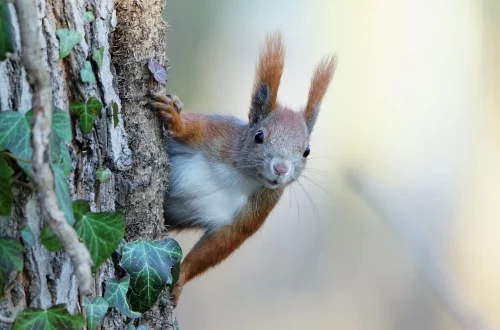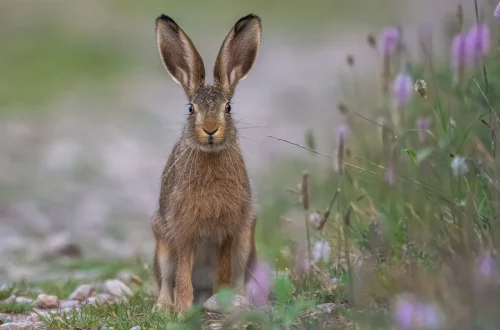
Effective Squirrel Protectors for Your Bird Feeders
Creating a bird-friendly environment is a delightful endeavor that many nature enthusiasts embrace. Bird feeders serve as essential tools for attracting various species, providing them with sustenance and creating a lively atmosphere in backyards. However, the charm of having birds flock to your feeders can quickly be overshadowed by the presence of squirrels. These agile and persistent creatures are notorious for raiding bird feeders, consuming the seeds meant for our feathered friends. Not only do squirrels deplete the food sources, but they can also cause damage to the feeders themselves, leading to frustration for those who wish to enjoy the beauty of birds without the unwelcome interference of squirrels.
The challenge of keeping squirrels at bay while still attracting birds can be daunting. Many bird lovers find themselves searching for effective solutions to protect their feeders and ensure that the avian visitors receive their fair share of nourishment. Understanding the behaviors of squirrels and the types of feeders available can significantly aid in this effort. By implementing the right strategies and tools, you can create an environment where birds can thrive, unbothered by their bushy-tailed competitors.
Understanding Squirrel Behavior
To effectively deter squirrels from your bird feeders, it’s essential to understand their behavior. Squirrels are incredibly adaptive animals, known for their cleverness and agility. They can leap impressive distances and are skilled climbers, making them formidable opponents when it comes to accessing bird feeders. Their primary motivation is food, and they possess a keen sense of smell that helps them locate seeds from afar.
Squirrels are opportunistic feeders, meaning they will take advantage of any available food source. This includes not only birdseed but also fruits, nuts, and even garden vegetables. When they discover a bird feeder, they often devise clever methods to access the seeds, whether by jumping from nearby branches or climbing up poles. Understanding these tactics can help you choose the right protection measures for your feeders.
Another important aspect of squirrel behavior is their social nature. They often work together, which can make it even more challenging to keep them away from your feeders. Squirrels communicate with one another using various vocalizations and body language, which can encourage their peers to join in on the feeding frenzy. As such, simply relying on a single deterrent may not be enough; a combination of strategies may be necessary to keep them at bay.
Choosing the Right Bird Feeder
One of the most effective ways to protect your bird feeders from squirrels is to choose the right type of feeder. Various designs cater specifically to deter these furry visitors while still allowing birds easy access to food. Squirrel-proof feeders utilize mechanisms that prevent squirrels from accessing the seeds, often through weight-sensitive perches or metal barriers.
Weight-sensitive feeders are equipped with perches that close off access to the seed when a heavier animal, like a squirrel, lands on them. This design allows smaller birds to feed while denying access to squirrels. Additionally, many of these feeders feature metal construction, which is more difficult for squirrels to chew through compared to plastic models.
Another option is to use feeders with squirrel guards. These guards are typically made of metal and are installed around the feeder to create a barrier. Squirrels may find it challenging to navigate around these guards, giving birds a better chance to feed without competition. Some feeders even come with built-in guards, making them a convenient choice for homeowners looking to minimize squirrel interference.
Additionally, placing feeders at an appropriate height and distance from trees or structures can also help. Squirrels are excellent jumpers, so positioning feeders at least six feet away from any launching points can significantly reduce their chances of reaching the food.
Utilizing Squirrel Deterrents
In addition to choosing the right feeder, there are numerous deterrents you can use to keep squirrels away from your bird feeders. These methods can range from physical barriers to natural repellents that discourage squirrels from approaching.
One popular physical deterrent is the use of baffles. These are dome-shaped or cone-shaped devices that can be placed on poles or hung from branches. When properly installed, baffles prevent squirrels from climbing up to the feeder, forcing them to look for alternative food sources. Baffles are effective because they create an obstacle that is difficult for squirrels to navigate.
Another approach involves the use of repellents. While some may opt for commercial squirrel repellents, natural alternatives can also be effective. Spicy substances, such as cayenne pepper or hot sauce, can be sprinkled on birdseed or applied to feeders. Birds are generally unaffected by these ingredients, but squirrels tend to avoid them due to their sensitivity to spice. However, it’s important to reapply these substances regularly, especially after rain.
For those looking for a more humane approach, consider using noise deterrents. Devices that emit high-frequency sounds can be unsettling for squirrels, encouraging them to move on in search of quieter habitats. These sound devices are typically inaudible to humans, making them a discreet option for backyard bird enthusiasts.
Creating a Squirrel-Resistant Environment
To further enhance your efforts in protecting bird feeders, consider creating an environment that is less appealing to squirrels. One effective strategy is to minimize other food sources in your yard. This may involve keeping bird feeders clean and free of spilled seeds, as leftover food can attract squirrels and encourage them to visit your yard.
In addition to managing food sources, consider planting squirrel-resistant plants in your garden. Certain plants are less appealing to squirrels due to their taste or smell, which can naturally deter these creatures from frequenting your yard. For example, plants like daffodils, marigolds, and some herbs can be unappealing to squirrels, reducing their likelihood of visiting.
Another strategy is to provide alternative feeding options specifically designed for squirrels. By placing a separate feeder with squirrel-friendly food, like corn or nuts, you can redirect their attention away from your bird feeders. This not only keeps squirrels occupied but can also create a more harmonious environment for both birds and squirrels.
Lastly, ensure that your bird feeders are regularly filled with fresh seeds. A well-stocked feeder is more likely to attract birds, which may help to keep squirrels at bay. When birds are consistently present, squirrels may be discouraged from raiding the feeders, as they sense competition from their feathered counterparts.
In conclusion, protecting your bird feeders from squirrels requires a combination of understanding their behavior, choosing the right equipment, and creating a less appealing environment. By implementing these strategies, you can enjoy a thriving birdwatching experience while minimizing the disturbances caused by squirrels.




